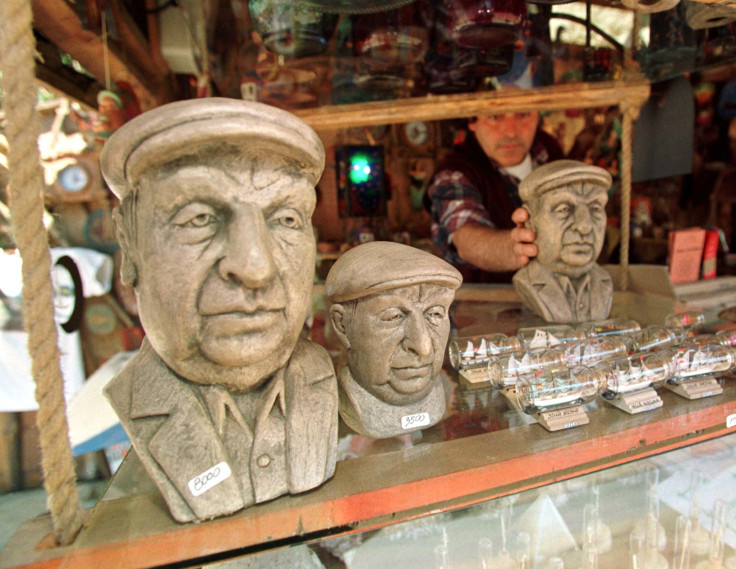Poetic Justice: Was Pablo Neruda Murdered By The Pinochet Regime?

The Chilean government is revisiting the death of famed poet and Nobel laureate Pablo Neruda after more than 40 years to determine whether he died of cancer as previously believed, or if there was any foul play involved.
Neruda, a member of the Communist Party in Chile, was an outspoken supporter of socialist leader and democratically elected president Salvador Allende, who was overthrown in a military coup led by General Augusto Pinochet on Sept. 11, 1973.
Neruda died eleven days later on Sept. 23, 1973, at age 69, supposedly from advanced prostate cancer.
The poet’s remains were exhumed over the weekend, and a team of forensic specialists is now examining them, though the investigation may take some time and will not necessarily produce conclusive results.
"There is lots of water [where Neruda is buried], lots of salinity and it will take months of investigation," said Eduardo Contreras, a Chilean lawyer who has long questioned the official account of Neruda’s death and pushed for a reinvestigation, the Guardian reported.
In 2011, Neruda’s former driver and personal assistant Manuel Araya countered that narrative, saying he believed that his employer had been poisoned during a visit to the doctor shortly before he was to leave for Mexico in exile.
According to Araya’s account, Neruda’s health had rapidly declined after receiving an unknown injection in his stomach, leading many to believe that was deliberately targeted as a dissident by the Pinochet regime.
"Neruda was murdered,” Araya told the BBC. “They didn't want Neruda to leave the country so they killed him."
During Pinochet’s 17-year rule from 1973 to 1990, some 3,000 people were killed or disappeared by the military, with over 35,000 more victimized by political repression through torture, arbitrary arrests and intimidation.
© Copyright IBTimes 2025. All rights reserved.





















